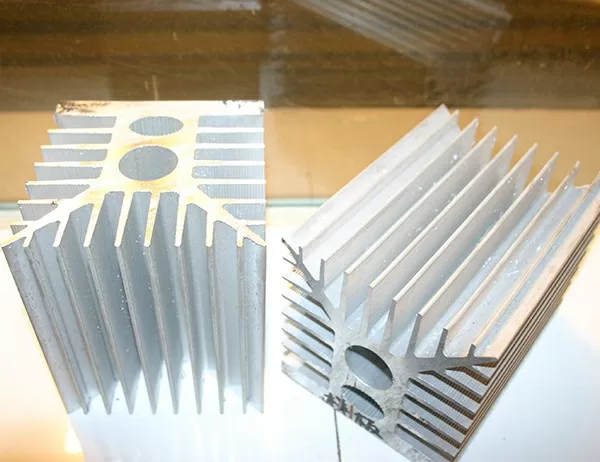In the realm of industrial materials, the choice between aluminum alloy and steel pipes can be a perplexing decision. Both options possess unique strengths and weaknesses, making it imperative to meticulously compare them to determine their suitability for specific applications.
Strength and Durability
Steel pipes have traditionally been the preferred choice for high-pressure applications due to their exceptional strength and durability. However, aluminum alloy pipes have emerged as a formidable competitor, offering a remarkable strength-to-weight ratio that rivals steel. When subjected to equal stress, aluminum alloy pipes can withstand similar loads while being significantly lighter.
Corrosion Resistance
Aluminum alloy pipes exhibit superior corrosion resistance compared to steel. The formation of a protective oxide layer on the surface of aluminum effectively shields it from harsh environments, including exposure to water, moisture, and corrosive substances. Steel pipes, on the other hand, are susceptible to rust and require more frequent corrosion protection measures.
Weight and Cost
Aluminum alloy pipes are significantly lighter than steel pipes, making them easier to transport and install. This lightweight property can also reduce labor costs associated with handling and assembly. Additionally, aluminum alloy pipes are often more cost-effective than steel pipes, particularly in large-scale projects.
Thermal Conductivity
Aluminum alloy pipes possess excellent thermal conductivity, allowing them to effectively transfer heat. This property makes them ideal for applications involving the transfer of heat, such as in heat exchangers and radiators. In contrast, steel pipes have lower thermal conductivity and are less suitable for such applications.
Maintenance and Longevity
Aluminum alloy pipes require minimal maintenance due to their inherent corrosion resistance. They are less prone to rust and scale formation, which reduces the need for regular cleaning and repairs. Steel pipes, on the other hand, require more frequent maintenance to prevent corrosion and ensure longevity.
Applications
Aluminum alloy pipes are commonly used in industries such as:
Aerospace
Automotive
Food and beverage
Chemical processing
Pharmaceutical
Steel pipes are primarily used in:
Construction
Oil and gas transportation
Shipbuilding
Mechanical systems
Conclusion
The choice between aluminum alloy pipes and steel pipes hinges on the specific requirements of each application. While steel pipes offer exceptional strength and durability, aluminum alloy pipes provide superior corrosion resistance, weight savings, and cost-effectiveness. Understanding the unique properties and applications of both materials empowers engineers and designers to make informed decisions that optimize performance and efficiency.




